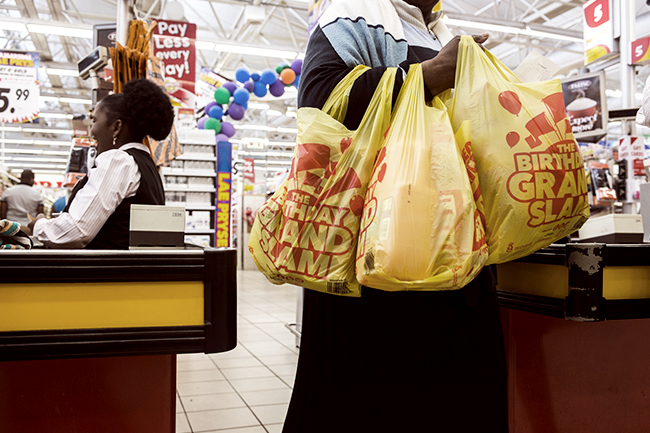If the price of food staples was reduced by a mere 10%, African consumers could save in excess of US$700 million a year – lifting 500 000 people out of poverty. And that’s just in South Africa, Kenya and Zambia.
Key to this is increasing competition. A report by the World Bank and African Competition Forum shows that in more than 40% of the continent’s countries, a single operator holds the majority of the market share in the telecoms and transport sectors. This means that in African countries, retail prices of 10 key consumer goods (including white rice, white flour, butter and milk) are at least 24% higher than in other main cities around the world.
Tackling anti-competitive practices and policy reforms are fundamental to enabling competition in food markets. According to World Bank economist Martha Martinez Licetti, some countries have made moves to improve the implementation of their competition laws. ‘For example, Egypt, Kenya, South Africa and Zambia have taken recent actions to block uncompetitive agreements in a variety of sectors.’


